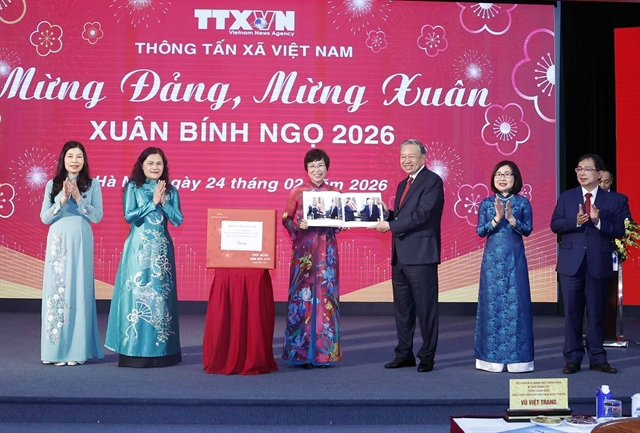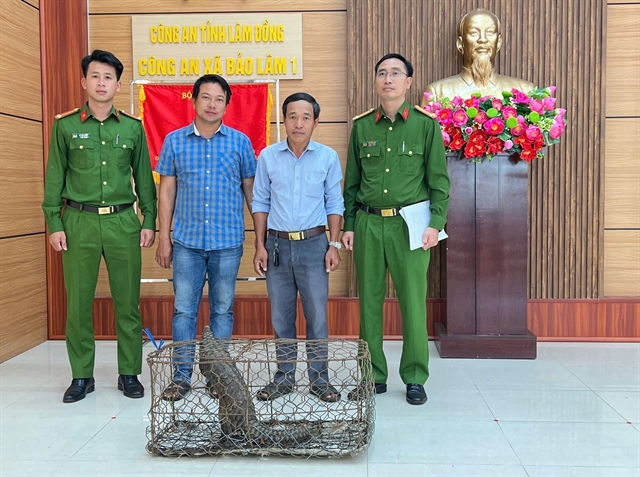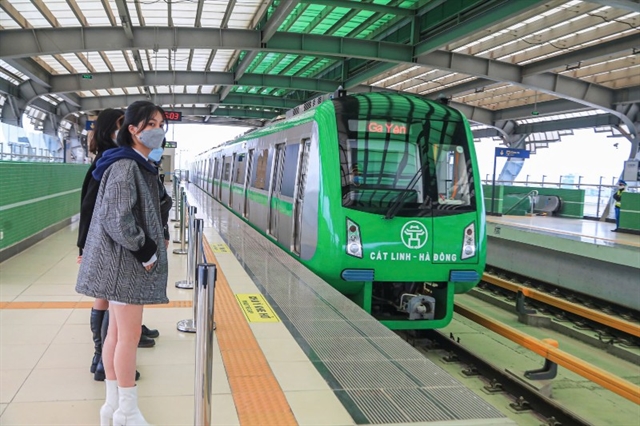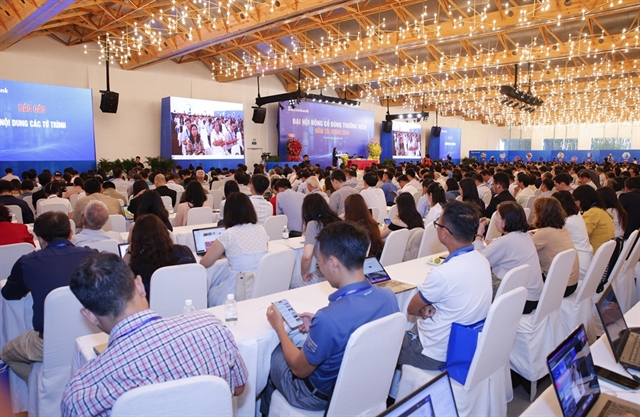 Economy
Economy

The Việt Nam National Chemical Group (Vinachem) has sent a document to Việt Nam Fertiliser Association, asking the National Assembly to add fertiliser to the list of products subjected to value added tax (VAT).
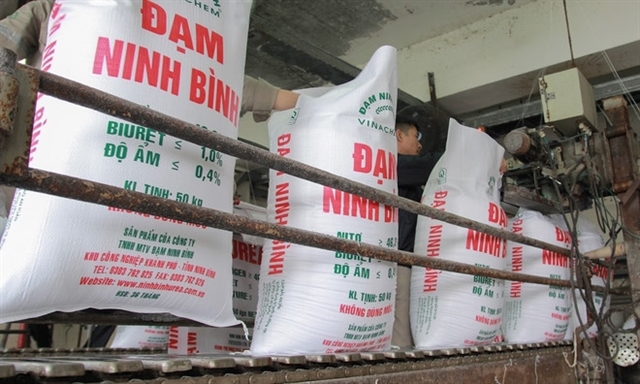
|
| A production line of Ninh Binh Fertiliser Factory — Photo bizlive.vn |
HÀ NỘI — The Việt Nam National Chemical Group (Vinachem) has sent a document to Việt Nam Fertiliser Association, asking the National Assembly to add fertiliser to the list of products subjected to value added tax (VAT).
The group suggested to impose a VAT rate of between 0 and 5 per cent.
Vinachem proposed to amend Law No. 71/2014 /QH13 on some articles of tax, which took effect on January 1, 2015.
That the law clarified fertiliser products are free from VAT, which also means that fertiliser firms can no longer deduct the VAT they paid for inputs.
Consequently, domestic fertiliser production costs increased. Therefore, businesses must increase the price of fertiliser, meaning the price cannot be reduced for farmers.
Increasing domestic fertiliser production costs is detrimental in terms of market competition with imported fertilisers, especially those imported from China, according to experts.
Vinachem said that subjecting fertiliser products to VAT is in compliance with current laws and international commitments on trade protection, ensuring a healthy and equal competitive environment and the interests of businesses and farmers and the country.
If fertiliser products are subjected to 0 per cent VAT, the products will be sold at a pre-tax price plus zero VAT, which means output VAT submitted to the State is zero.
Enterprises still received a VAT refund for inputs, which will reduce fertiliser production costs and allow the opportunity to reduce prices in the market.
If fertiliser is subjected to 5 per cent VAT, which is also output VAT paid by enterprises to the State, their input VAT will still be refunded.
"In both cases above, both domestically produced fertilisers and imported fertilisers are subject to the same VAT rate, creating an equality between domestic and imported ones," Vinachem said.
In its dispatch to the Việt Nam Fertiliser Association on the issue, Vinachem also emphasised that, in both cases above, the State did not have to spend money to support businesses during the Covid-19 pandemic, but only adjust policies so that the production and business activities of domestic fertiliser producers are equal to foreign ones. — VNS

